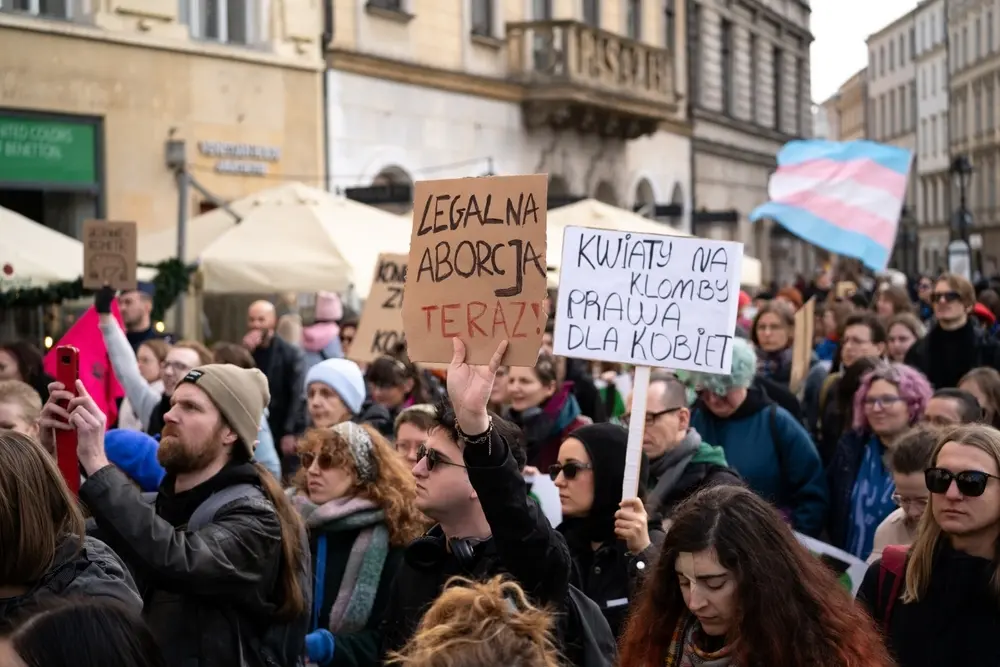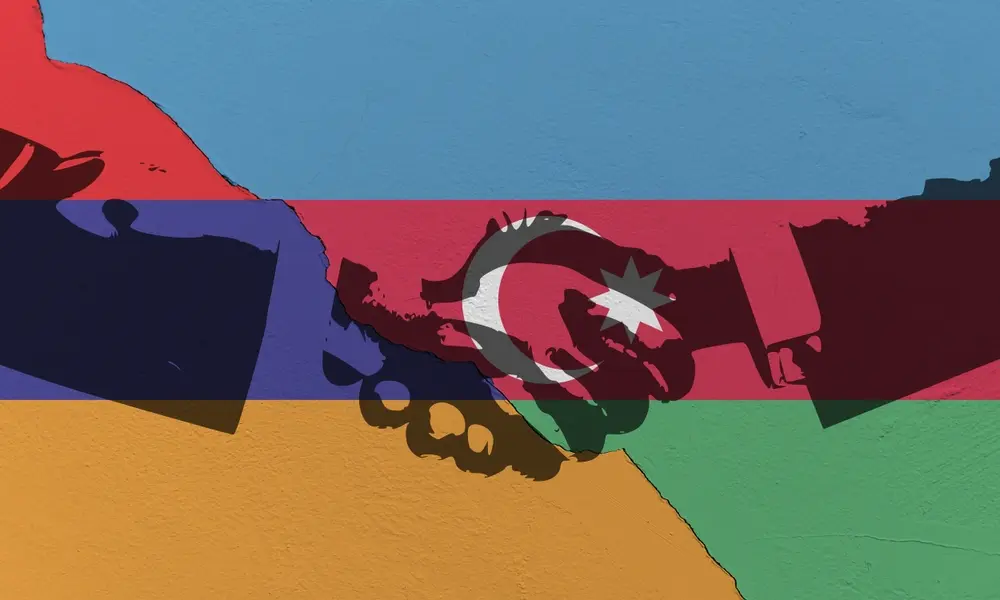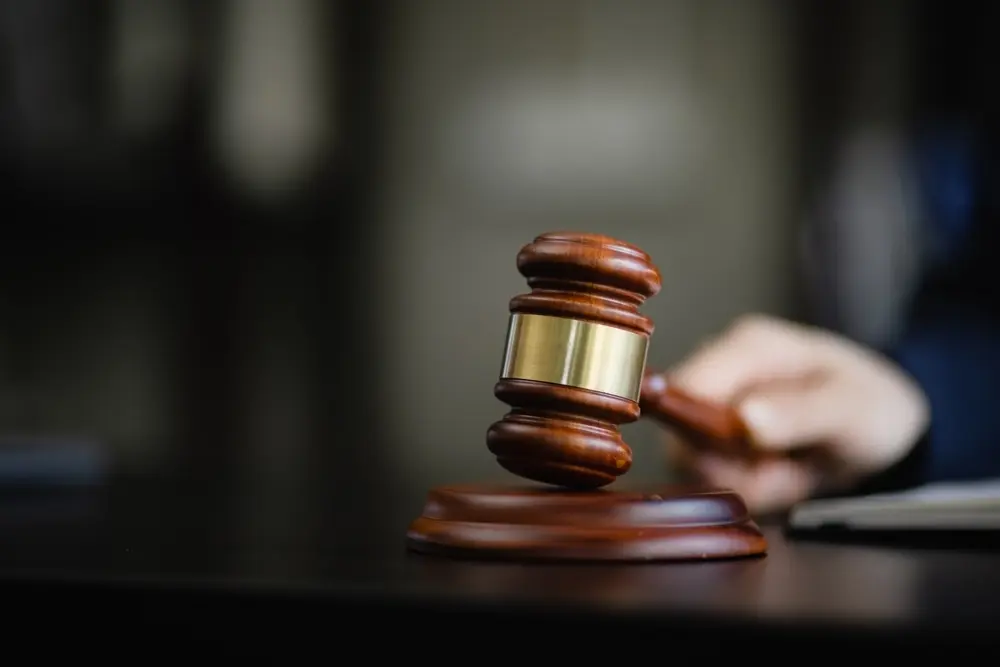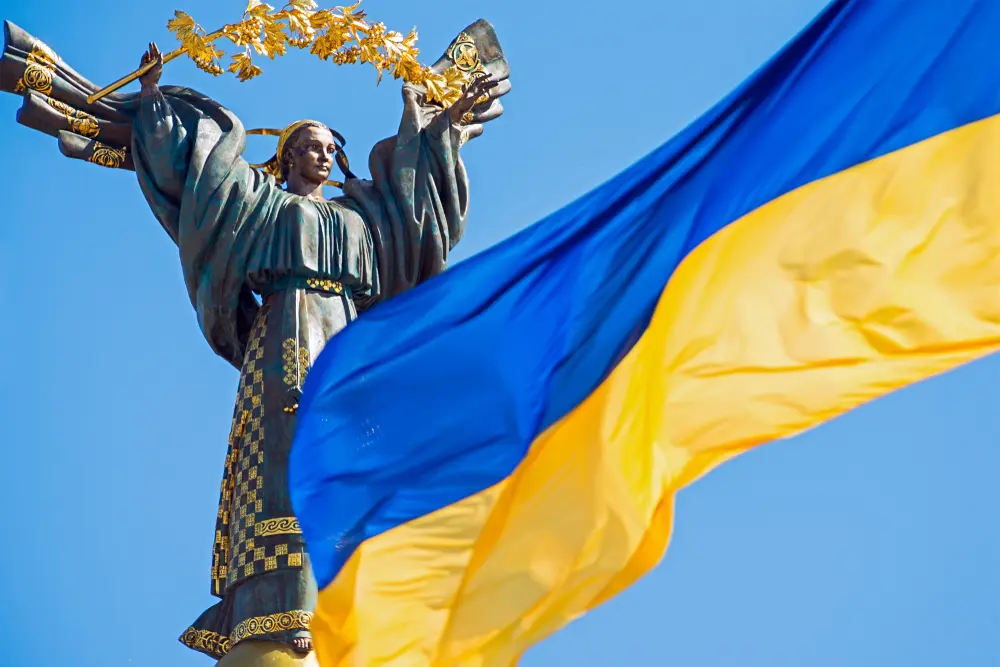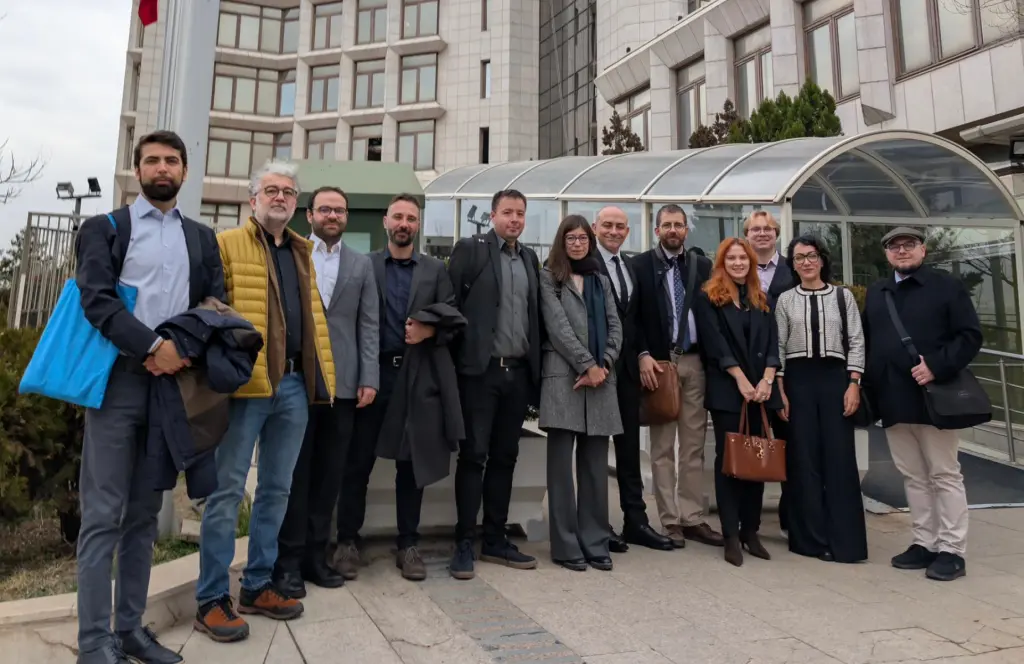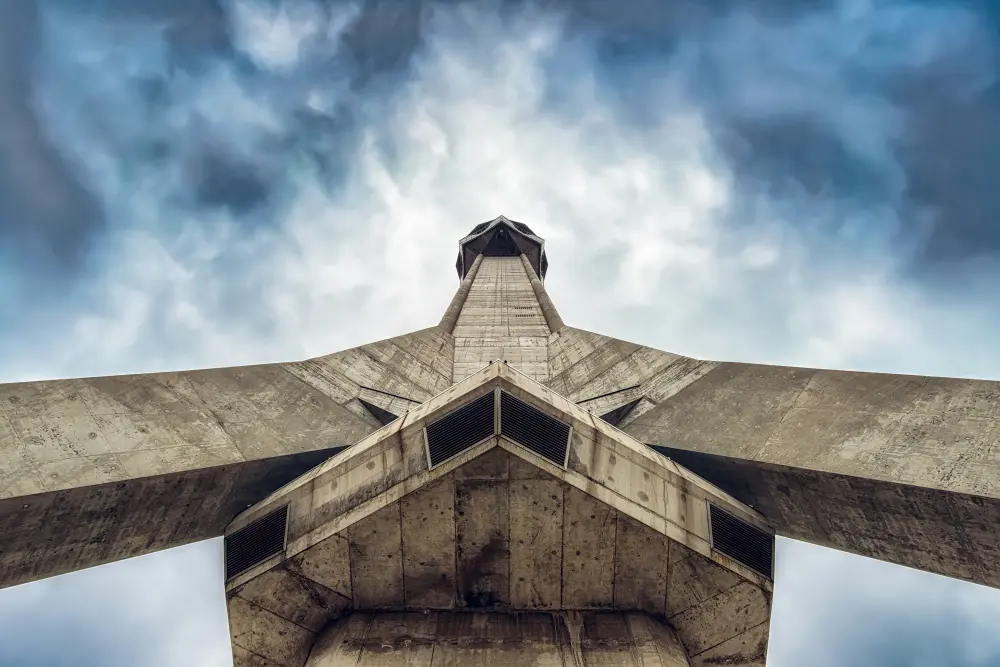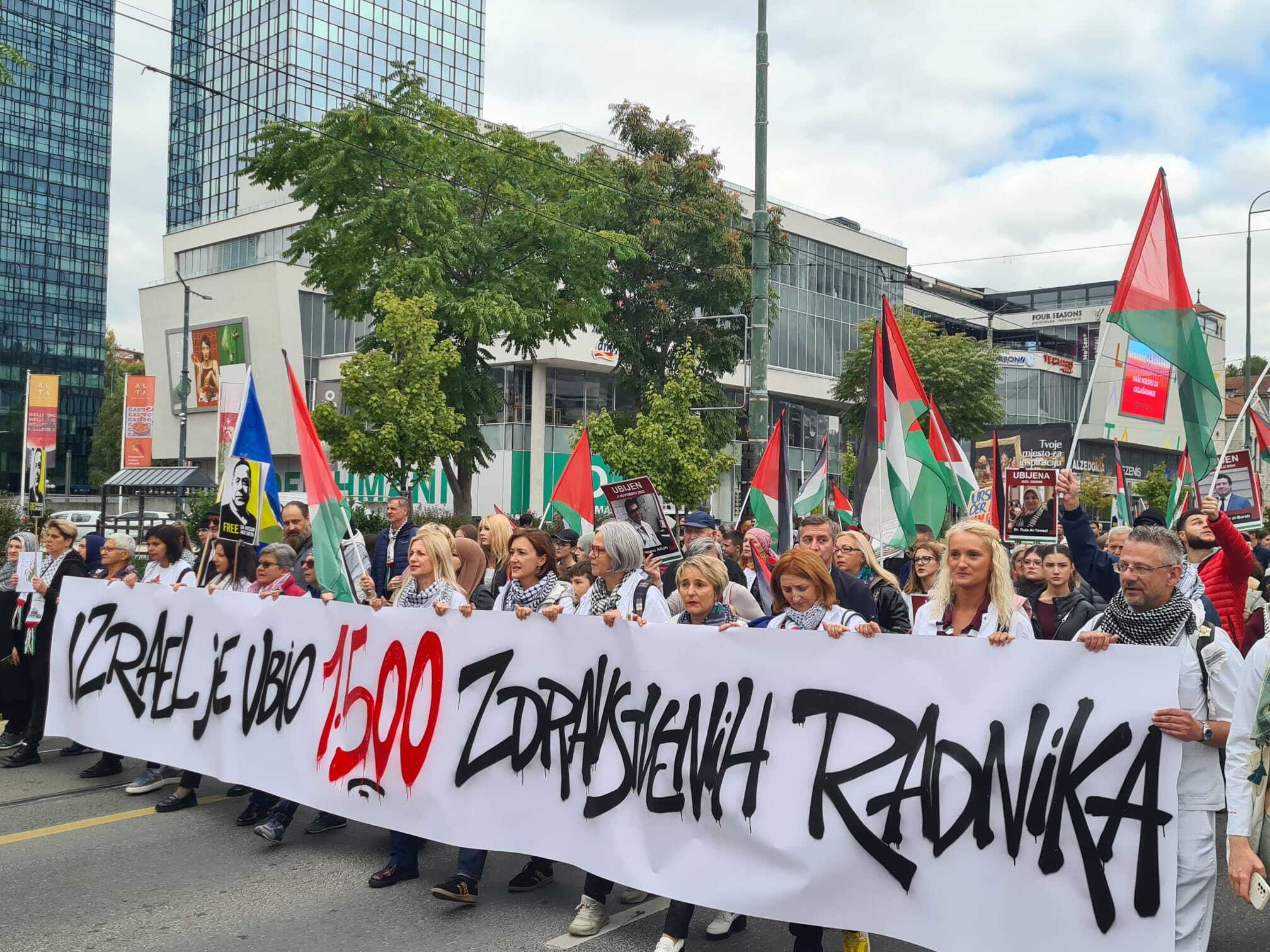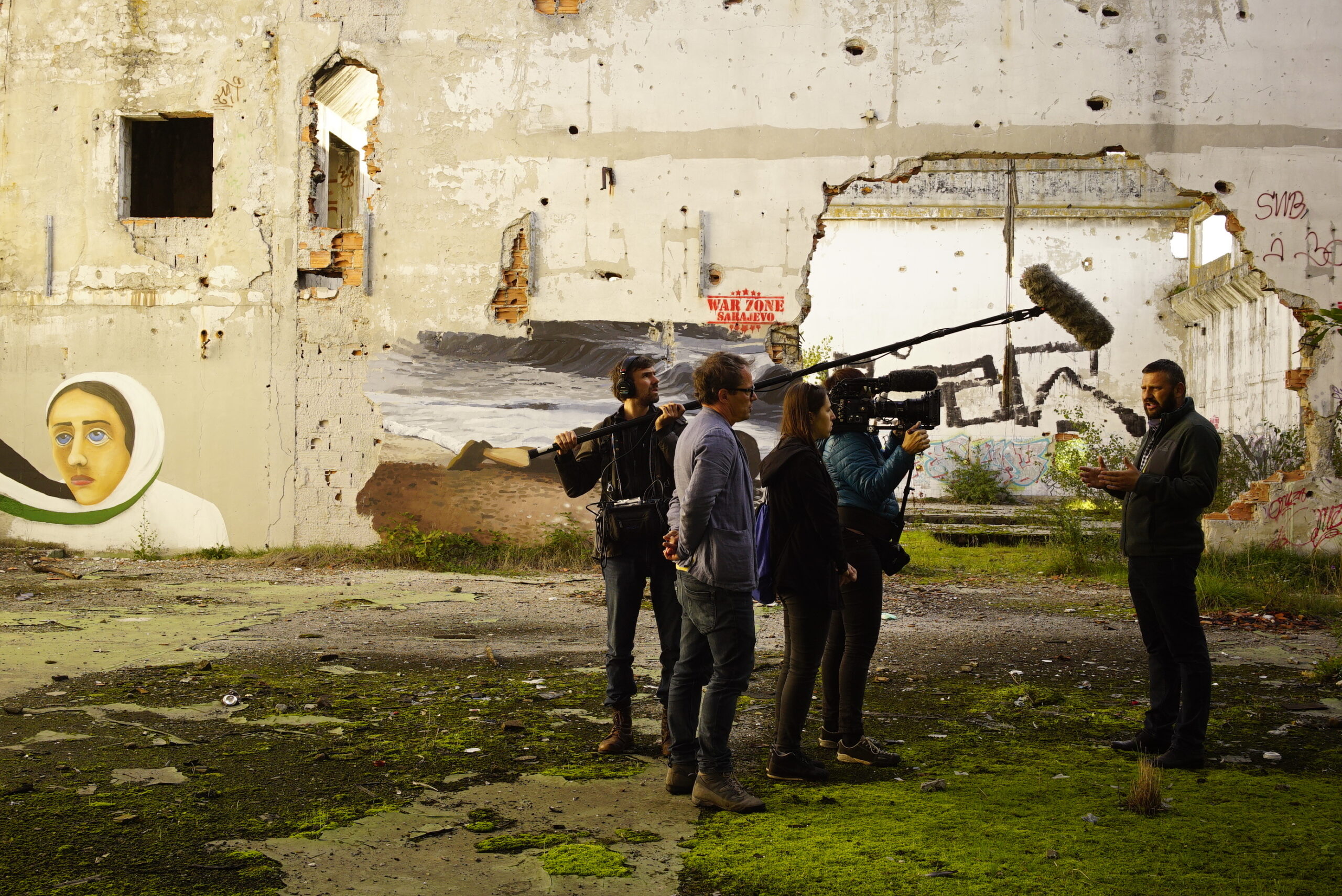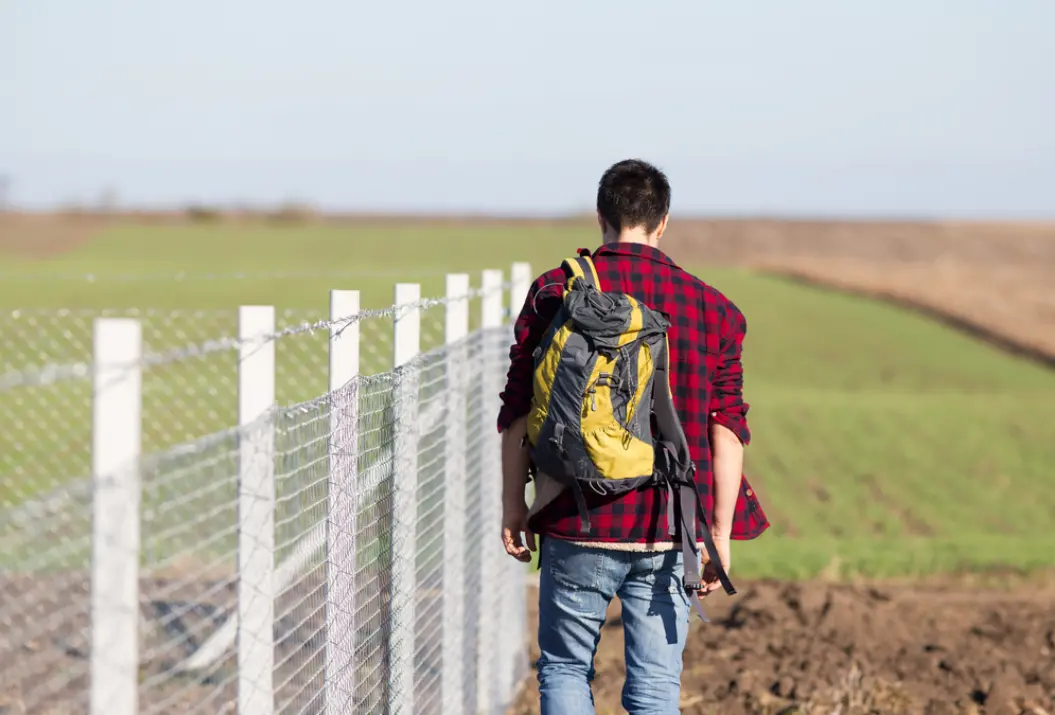Cohesion policy
17/12/2025, Marco Ranocchiari
- Activism
15/12/2025, Erisa Kryeziu Tirana
- Informatics
11/12/2025, Giovanni Vale Osijek
what’s trending
- Analysis
An analysis of the forgotten aspects of the Dayton Peace Agreement: human rights as a basis for a just and lasting peace and their importance for the peace talks in Ukraine
11/12/2025, Massimo Moratti
- Early electios
The Srpska Lista – the main party of Kosovo Serbs – will participate in the early elections on December 28th, despite yet another attempt to block its participation in the Electoral Commission by the Vetëvendosje movement, a move that has been heavily criticized internationally
09/12/2025, Mehmet Krasniqi Pristina
- Overview
Legal frameworks that appear modern, healthcare systems that remain uneven, and civil-society groups bridging the distance between them. An overview of access to reproductive care and information in Central and Eastern Europe
04/12/2025, Anna Romandash
- Relationship
Armenia and Azerbaijan progress toward normalization: a near-final agreement, growing political and civil dialogue, border talks and renewed exchanges. Internal opposition persists, but signs of lasting peace are increasing
04/12/2025, Onnik James Krikorian
- Justice
Last March, a fire at the Pulse nightclub in Kočani turned into one of the worst tragedies in North Macedonia’s recent history, killing 63 people. The trial began in recent days, with 35 people in the dock
03/12/2025, Aleksandar Samardjiev Tetovo
- Corruption
From Romania to Greece and Bulgaria, the work of the EU’s first Chief Prosecutor reveals the possibilities, limits, and fractures of anti-corruption enforcement across Europe
03/12/2025, Mary Drosopoulos
From our community: news, appeals and calls to action
- Cohesion policy
Two EU projects promote the gastronomic diversity of Southeast Europe, focusing on disadvantaged groups, depopulated areas, and land conservation
17/12/2025, Marco Ranocchiari
- Activism
Building hydroelectric power plants in Albania’s Zall-Gjoçaj National Park is what local activists have been trying to prevent for six years, but they’ve been faced with defamation lawsuits filed by the company “Seka Hydropower,” which are effectively SLAPPs
15/12/2025, Erisa Kryeziu Tirana
- Rights
Four hundred thousand homeless minors, apartments at unaffordable prices, families living in the cold. Housing has become a luxury. The EU is taking action to ensure compliance with one of the principles of cohesion policy: affordable housing
12/12/2025, Alberto Burba
- Informatics
A close collaboration connects the universities of these two cities between Serbia and Croatia, where engineers are trained to work in the growing local automotive industry. However, the development of artificial intelligence threatens to turn the tables
11/12/2025, Giovanni Vale Osijek
- Analysis
An analysis of the forgotten aspects of the Dayton Peace Agreement: human rights as a basis for a just and lasting peace and their importance for the peace talks in Ukraine
11/12/2025, Massimo Moratti
- Early electios
The Srpska Lista – the main party of Kosovo Serbs – will participate in the early elections on December 28th, despite yet another attempt to block its participation in the Electoral Commission by the Vetëvendosje movement, a move that has been heavily criticized internationally
09/12/2025, Mehmet Krasniqi Pristina







